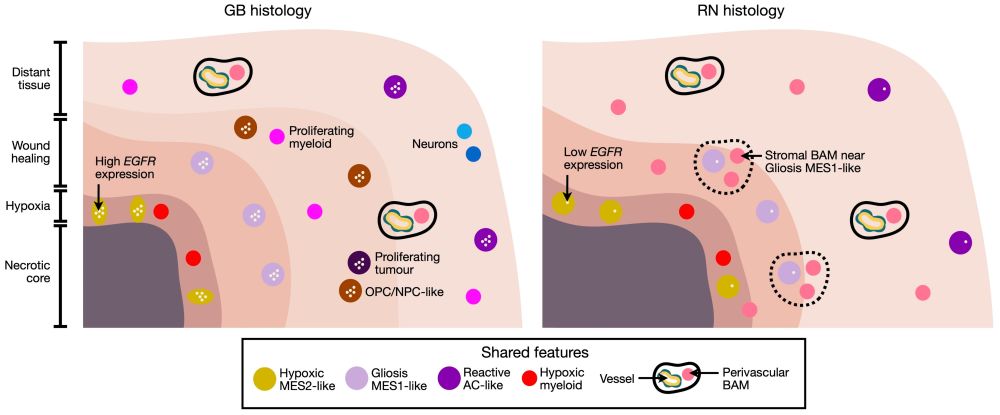
🚨 new glioblastoma preprint alert!
we present the first spatially resolved single cell atlas comparing radionecrotic changes (RN) and recurrent IDH-wildtype glioblastoma (GB) –– shedding light on a long-standing diagnostic challenge.
🧵 1/
@moritzgerstung.bsky.social
Scientist developing AI for oncology. Division head at the German Cancer Research Centre DKFZ. Prof at the University of Heidelberg, Germany. Previously at EMBL-EBI and Wellcome Sanger Institute. Alumnus of ETH Zurich.

🚨 new glioblastoma preprint alert!
we present the first spatially resolved single cell atlas comparing radionecrotic changes (RN) and recurrent IDH-wildtype glioblastoma (GB) –– shedding light on a long-standing diagnostic challenge.
🧵 1/
Join us:
With @abigailsuwala.bsky.social we are looking for a postdoc to drive our spatial transcriptomics analysis efforts of brain tumours.
If you enjoy multidisciplinary biomedical research, big data and coding, you are in the right place.
karriere.klinikum.uni-heidelberg.de/index.php?ac...
A spatial transcriptomics analysis led by my student Zaira reveals the distinct nature (gene expression, tumour cell states and local microenvironments) of radionecrosis and recurrence in glioblastoma. 👏
07.10.2025 05:12 — 👍 5 🔁 2 💬 0 📌 0
Scientists from @embl.org and DKFZ have developed an AI model that assesses the long-term individual risk for more than 1,000 diseases. The model can predict health events over a period of more than a decade. @moritzgerstung.bsky.social @nature.com
t1p.de/zmjfg
What if you could get a glimpse of the future of your health, today?
Our scientists have developed a new generative AI model, trained using large-scale health records, that can estimate how human health may change over time.
Watch to find out more.
🖥️🧬
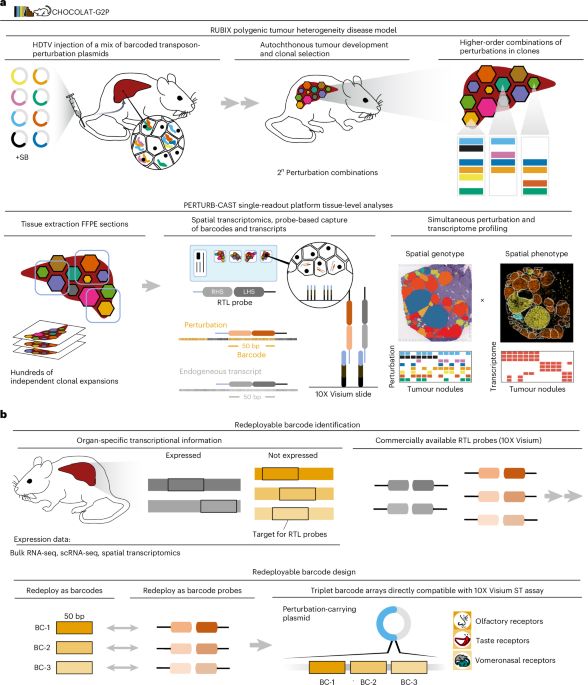
This is a great set of methods for studying combinatorial effects of cancer mutations on spatial phenotypes.
Clever experimental design by @breinigmarco.bsky.social hijacking Visium and elegant analysis by @lomakinai.bsky.social and @elihei.bsky.social
www.nature.com/articles/s41...
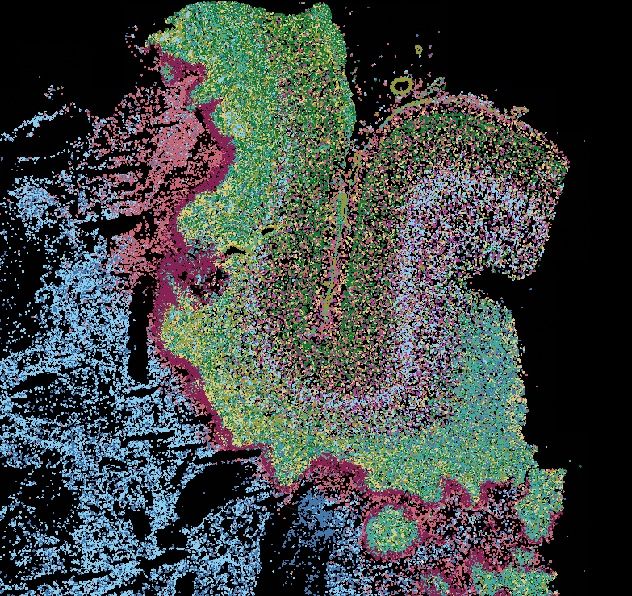
How does tumour heterogeneity arise? How can we predict cancer cell plasticity? In 2 new studies, we trace #glioblastoma heterogeneity to a spatial cancer cell trajectory w. multimodal cell atlassing bit.ly/4mkrWgs & predict plasticity w. snRNA/ATAC+deep learning bit.ly/3FbI6Ic 🧵
16.05.2025 11:42 — 👍 73 🔁 31 💬 6 📌 5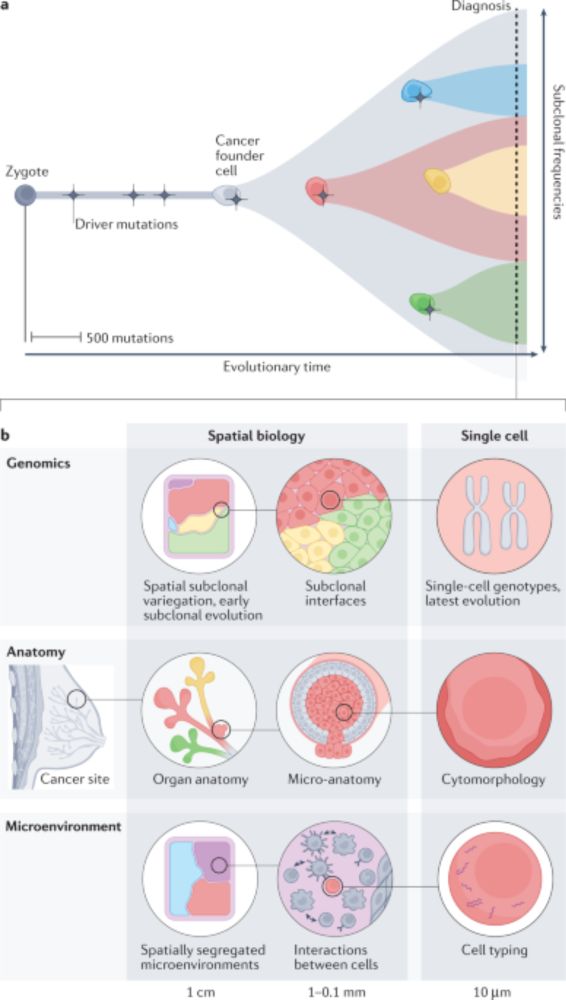
Spatial biology of cancer evolution go.nature.com/44hbib6 #Review by Zaira Seferbekova, @lomakinai.bsky.social, Lucy R. Yates & @moritzgerstung.bsky.social
Free to read here: rdcu.be/c1jwe
Our experience with the multimodal seg is similar as yours- works great for many cell types or tissues, but not all.
Plus there can be contaminating transcripts on top.
Thank you! Yes, we believe segger has an edge over membrane-based segmentation because it also recognises the co-occurrence of transcripts. You can also use 10x multi-modal instead of nuclear segmentation as seggers input.
26.03.2025 19:45 — 👍 1 🔁 0 💬 1 📌 0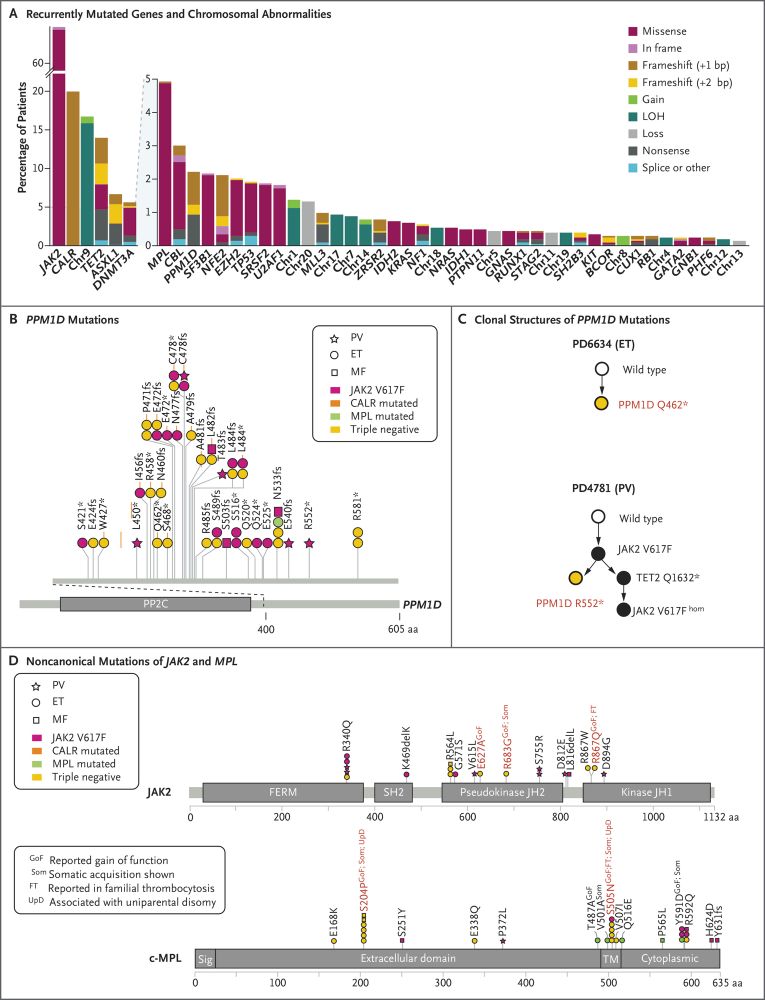
and also myeloproliferative neoplasms.
Back then, the implementation was very clunky and could only be done by R experts.
ebmstate now makes the inference much easier with only a few lines of code.
www.nejm.org/doi/full/10....
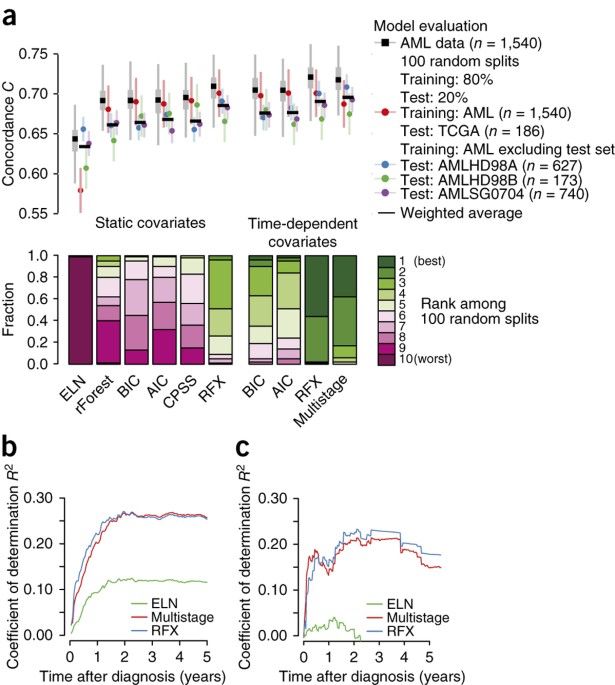
This type of model predicts a patient’s journey across several mid- and endpoints and relates the progression to hundreds of variables.
It was used to learn detailed prognostic models for acute myeloid leukaemia ..
www.nature.com/articles/ng....
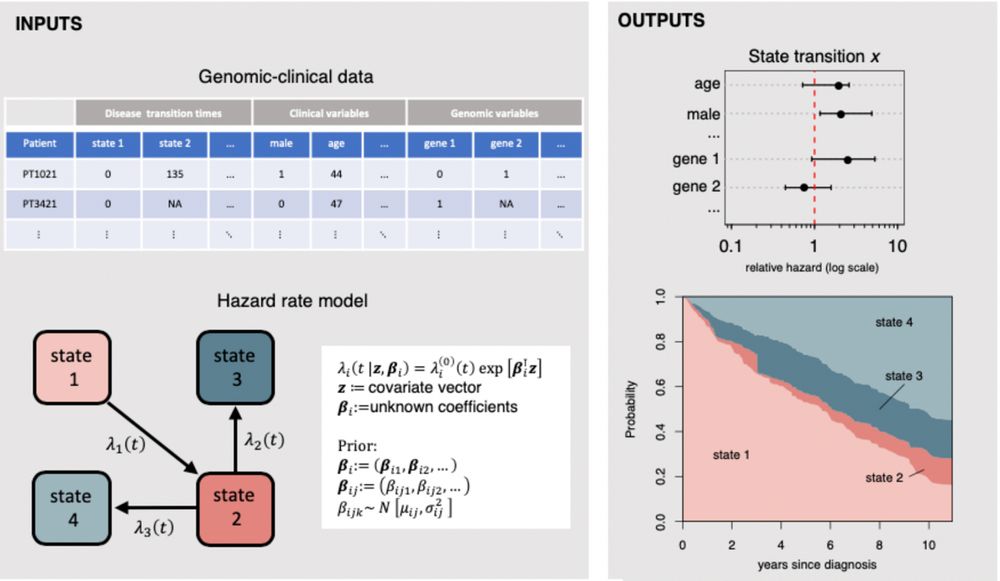
Some classical statistics today.
ebmstate, an R package for multistate models with empirical Bayes covariate effect estimation.
Developed by Rui Costa during his postdoc in my group.
doi.org/10.32614/RJ-...

From great collaborations come great things. Excited to share Segger, the solution to segmentation of spatial transcriptomics (ST) data, with the @steglelab.bsky.social and @moritzgerstung.bsky.social labs, spearheaded by the great Andrew Moorman and Elyas Heidari www.biorxiv.org/content/10.1...
20.03.2025 11:40 — 👍 36 🔁 10 💬 1 📌 0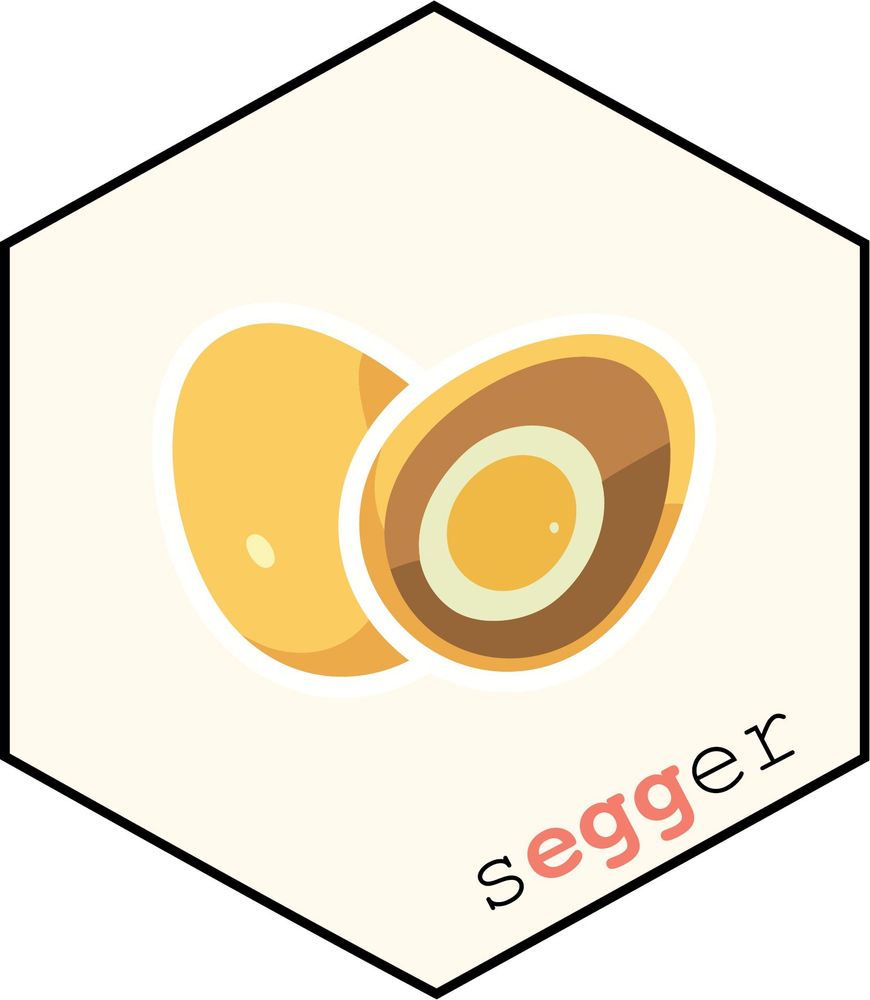
Segger logo
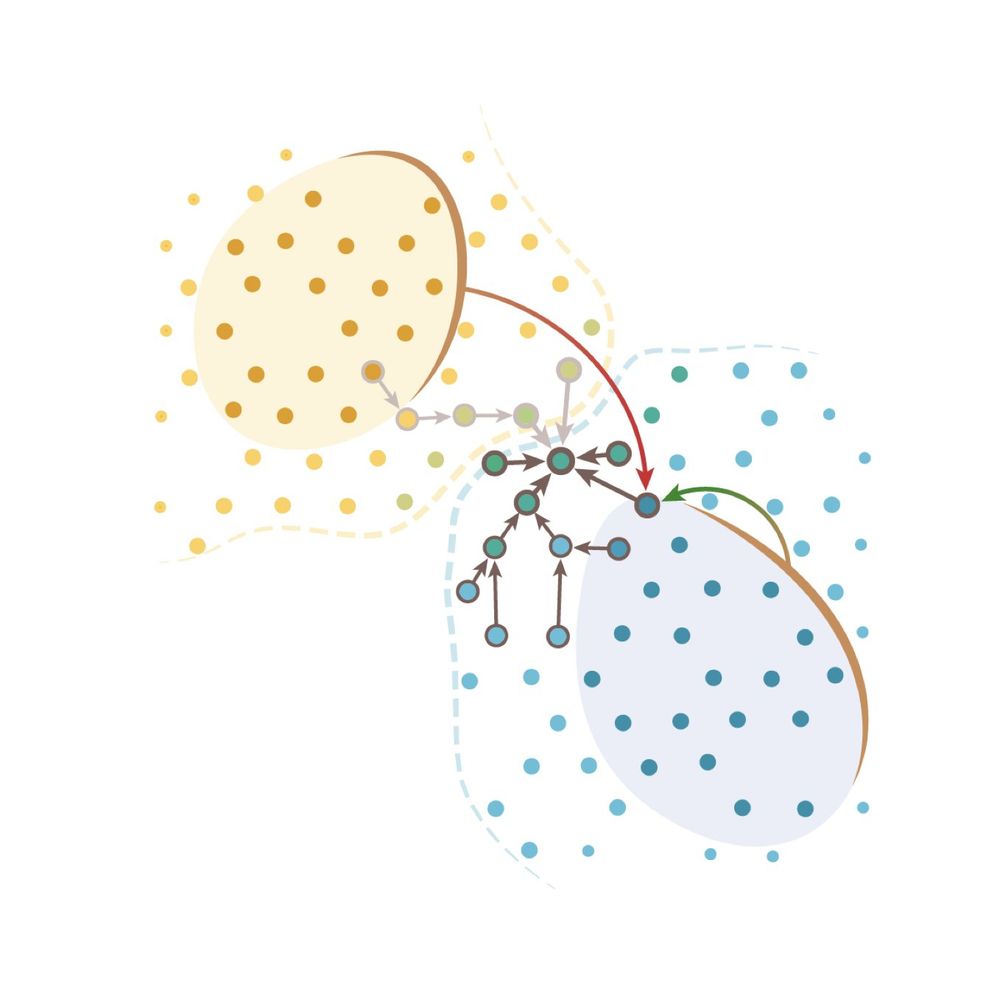
Message passing intuition behind the segger’s link-prediction model and the network architecture
1/ New preprint! 🍳
@elihei.bsky.social and our team at @embl.org , @dkfz.bsky.social, and @mskcancercenter.bsky.social built #segger - a fast, accurate cell segmentation tool for spatial transcriptomics that assigns transcripts to their cell origins!
doi.org/10.1101/2025...
Also tagging Elyas Heidari @elihei.bsky.social here who led this fantastic work.
18.03.2025 10:22 — 👍 0 🔁 0 💬 0 📌 0
A great thanks goes to all the other authors and contributors from the Gerstung, Stegle and Peer labs who made this work possible.
17.03.2025 16:18 — 👍 1 🔁 0 💬 1 📌 0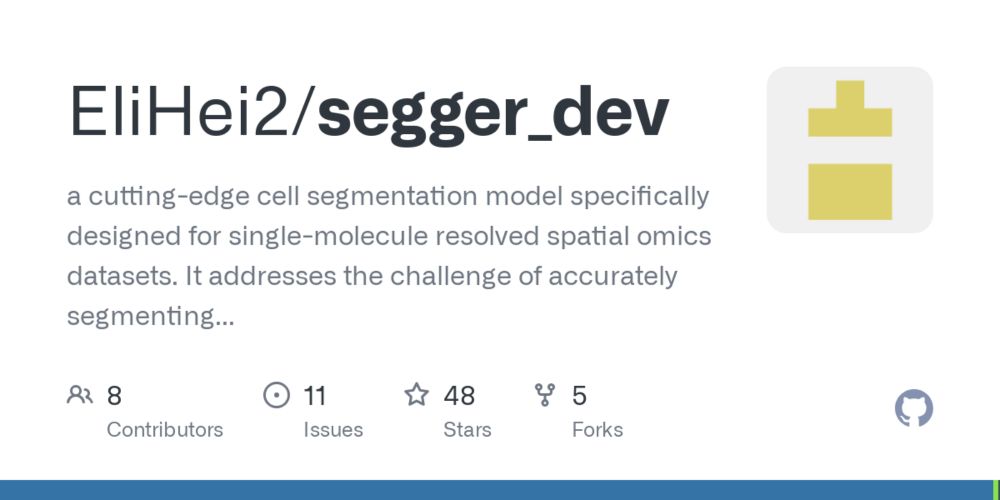
Segger comes as robust open-source software and has already been tested by many in the community. github.com/EliHei2/segg...
17.03.2025 16:18 — 👍 4 🔁 1 💬 1 📌 0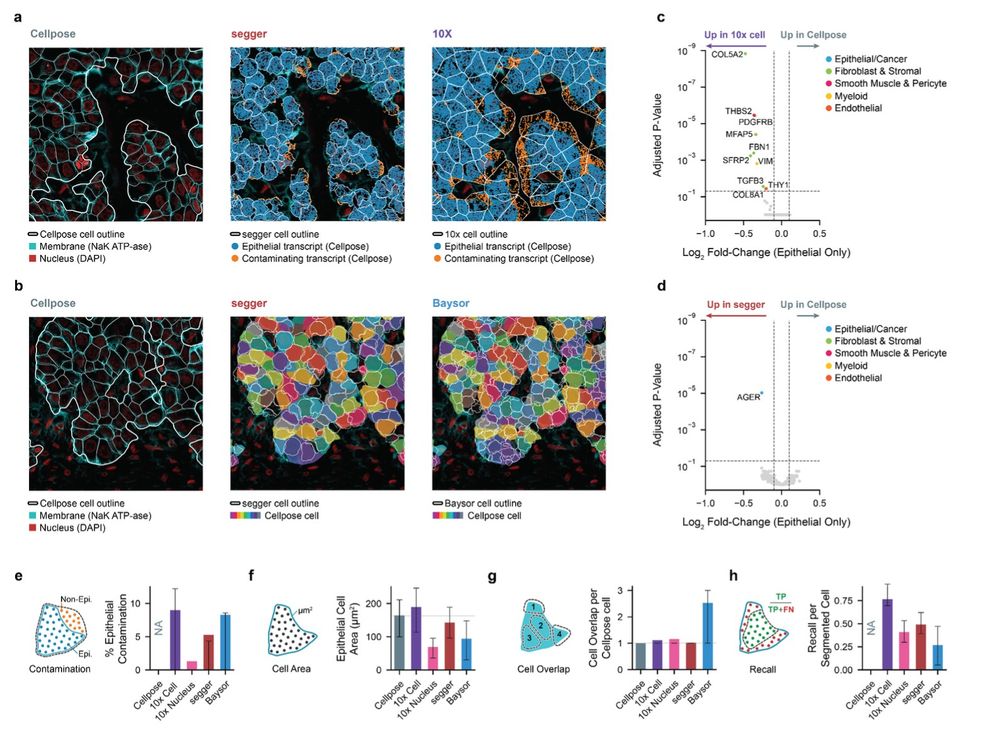
Andrew Moorman and other members of @danapeer.bsky.social's lab helped carry out a rigorous assessment based on various 10x Xenium data sets with bespoke segmentation stainings, providing the ground truth to demonstrate segger's superior performance.
17.03.2025 16:18 — 👍 4 🔁 0 💬 1 📌 0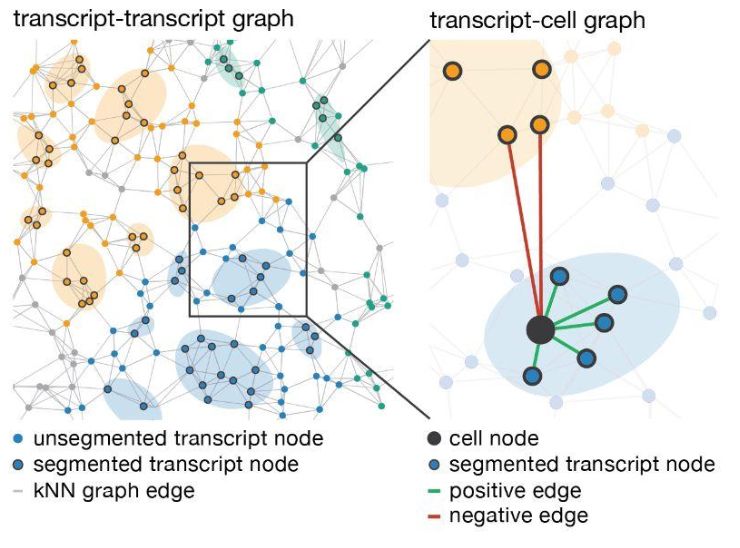
Segger is a super fast graph neural network algorithm, which makes cell segmentation much more reliable and faster.
17.03.2025 16:18 — 👍 3 🔁 0 💬 1 📌 0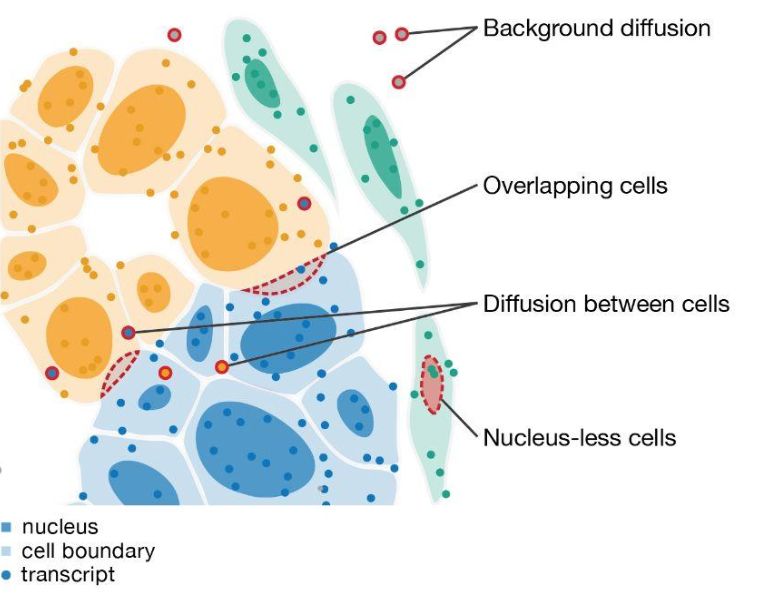
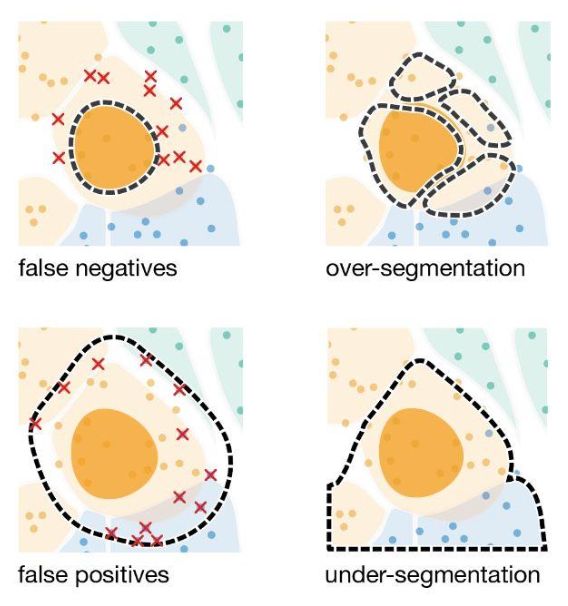
Spatial transcriptomics holds great promise to understand biological tissue function, but the assignment of transcripts to cells has been a substantial bottleneck.
For this reason, Elyas Heidari, a student in my lab and in @steglelab.bsky.social built segger.
www.biorxiv.org/content/10.1...

New preprint! We worked with @msftresearch.bsky.social and @broadinstitute.org to see whether large language models (LLMs) can be useful to variant scientists in deciding whether genetic variants seen in a patient are responsible for their disease. tl;dr yes they can: www.biorxiv.org/content/10.1...
15.03.2025 02:43 — 👍 143 🔁 47 💬 1 📌 1Looking forward to @moritzgerstung.bsky.social seminar @uob-ieu.bsky.social on 30th Jan 2025 at 1pm, ,“ Using AI to Predict Disease Risks” in person and on line bristol-ac-uk.zoom.us/j/94273829130
23.01.2025 16:46 — 👍 8 🔁 5 💬 0 📌 0Amazing work. We‘re all walking laboratories for somatic evolution.
20.11.2024 19:25 — 👍 8 🔁 0 💬 0 📌 0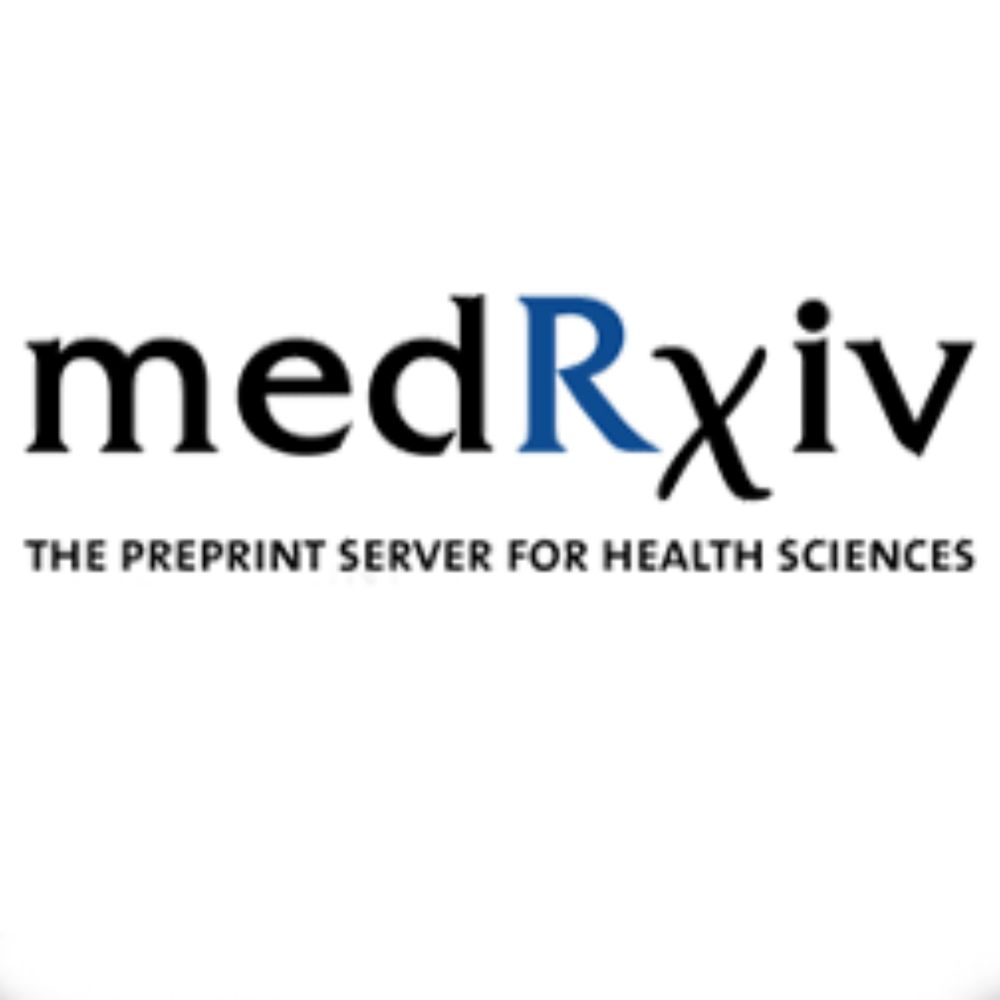
Resharing here a recent X post. In this preprint, we introduce an improved version of NanoSeq, a duplex sequencing protocol with <5 errors per billion bp in single DNA molecules, and use it to study the somatic mutation landscape of oral epithelium in >1000 people. 1/ www.medrxiv.org/content/10.1...
20.11.2024 14:27 — 👍 88 🔁 38 💬 2 📌 5Safe travels! We’re still waiting for the snow you got yesterday to arrive but chances look slim. Probably better travel wise.
20.11.2024 06:09 — 👍 6 🔁 0 💬 0 📌 0Thanks. Was on a bit of a social media hiatus, but this place looks like a new hope.
18.11.2024 17:20 — 👍 2 🔁 0 💬 1 📌 0Congratulations! Looking forward to seeing the outputs of your scientific ingenuity becoming multiplied.
18.11.2024 17:15 — 👍 0 🔁 0 💬 1 📌 0
We strongly suggest that academic publishers and other platforms that host research rapidly implement a Share to Bluesky button for their articles. Here's how:
docs.bsky.app/docs/advance...
#AcademicSky #HigherEd #Altmetrics
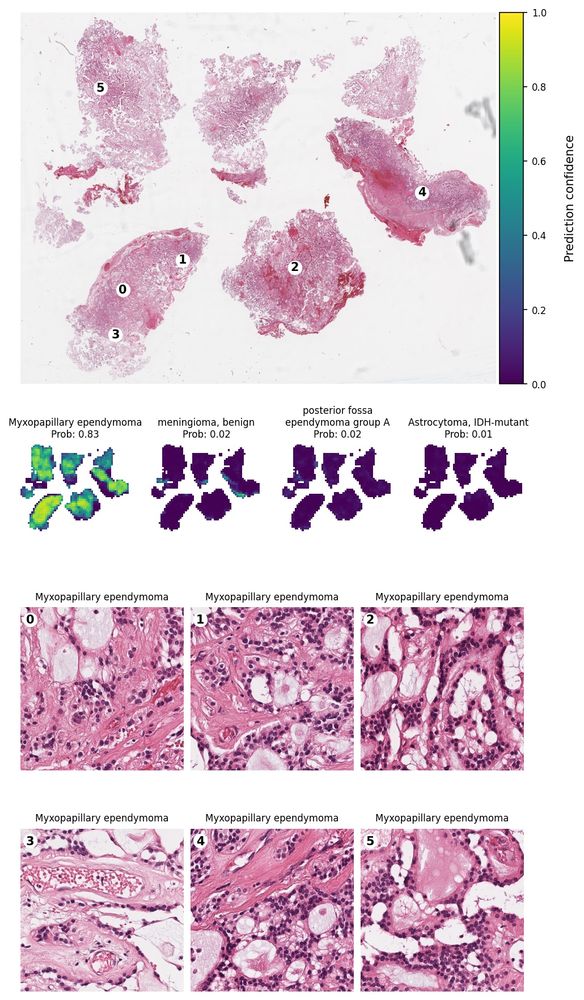
Example Paion report for a confirmed myxopapillary ependymoma diagnosis. Shown are H&E, prediction heatmaps and automatically selected representative image tiles.
3/3 Paion is a new algorithm to diagnose brain cancers from H&E images.
* distinguishes 102 types of brain cancer
* high confidence predictions in 50-70% of cases across 7 cohorts
* top1 acc > 85% in high conf subset
* 2 day turnaround v 3 weeks for molecular testing
Preprint coming soon.